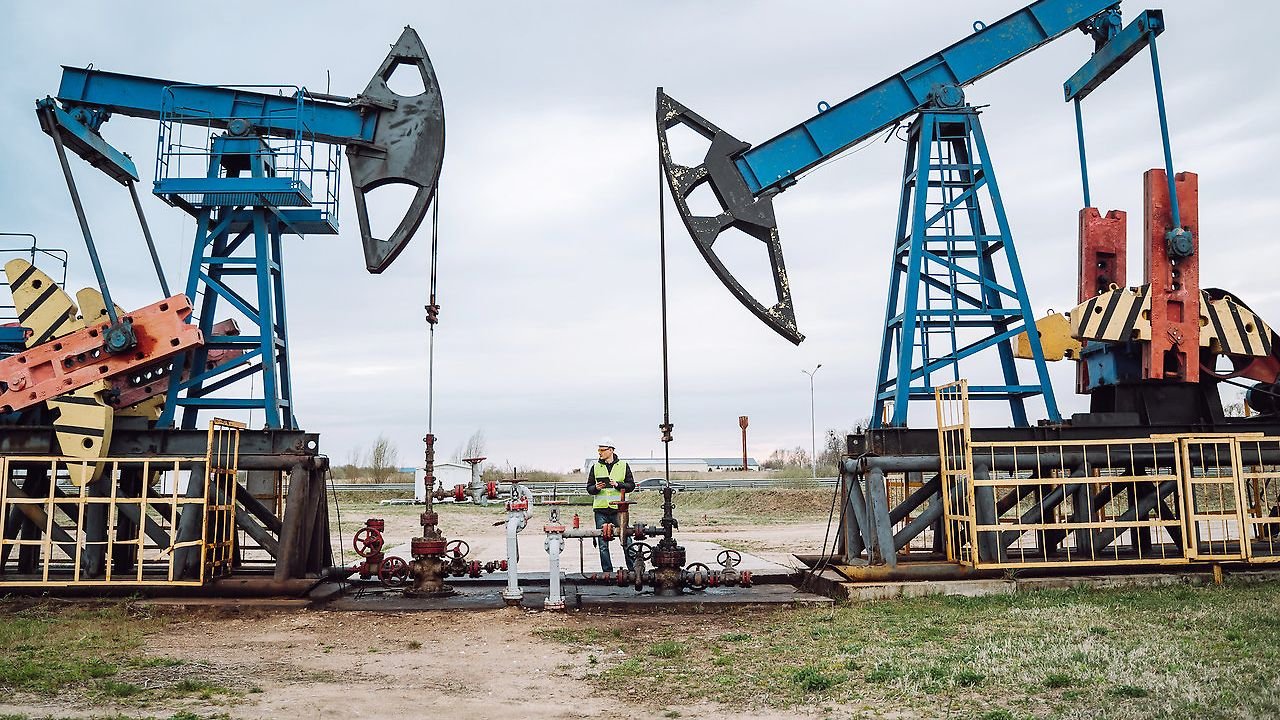Posted on December 28, 2023 at 4:58 pm
LONDON, Dec 28 (Reuters) – Oil production cuts and Angola’s withdrawal are weighing on the Organization of the Petroleum Exporting Countries (OPEC) in the first half of 2024, with its market share at its lowest since the COVID-19 pandemic, Reuters calculations and forecasters show.
The trend means OPEC will look to ease production cuts unless global oil demand picks up or the group is unwilling to accept lower prices.
Angola announced a week ago its decision to quit OPEC from January 2024, mimicking other medium-sized producers such as Ecuador and Qatar who left the organization in the past decade.
Angola’s exit reduces the group’s workforce to 12 members and its output to just under 27 million barrels per day (bpd), or just under 27% of total global supply. This is the first time OPEC’s market share has fallen to this level since the 2020 COVID-19 pandemic.
DEMAND FOR THE SECOND QUARTER
OPEC was founded in 1960 by Saudi Arabia, Kuwait, Venezuela, Iran and Iraq. Since 2017, the group has been cooperating with Russia and other non-member countries within the framework of OPEC+.
OPEC+ is currently cutting production by around 6 million bpd, so the group could theoretically increase production to defend its market share. However, this measure would be accompanied by a sharp drop in prices if demand for oil does not improve.
Data from the three main oil forecasting organizations – the International Energy Agency (IEA), the US Energy Information Administration (EIA) and OPEC itself – leave little room for easing cuts in the second quarter.
The EIA forecasts lower demand for OPEC oil in the second quarter compared to the first, according to a Reuters calculation.
The IEA estimates that OPEC oil demand will remain stable, while OPEC also expects to decline, but at a higher level.
OPEC believes its market share will increase in the long term as production falls elsewhere and global demand rises accordingly.
According to the latest OPEC forecasts, the group’s total market share is expected to reach 40% in 2045, with production from non-member countries starting to decline from the early 2030s.
(Reporting by Alex Lawler in London, French editing by Augustin Turpin, editing by Kate Entringer)

